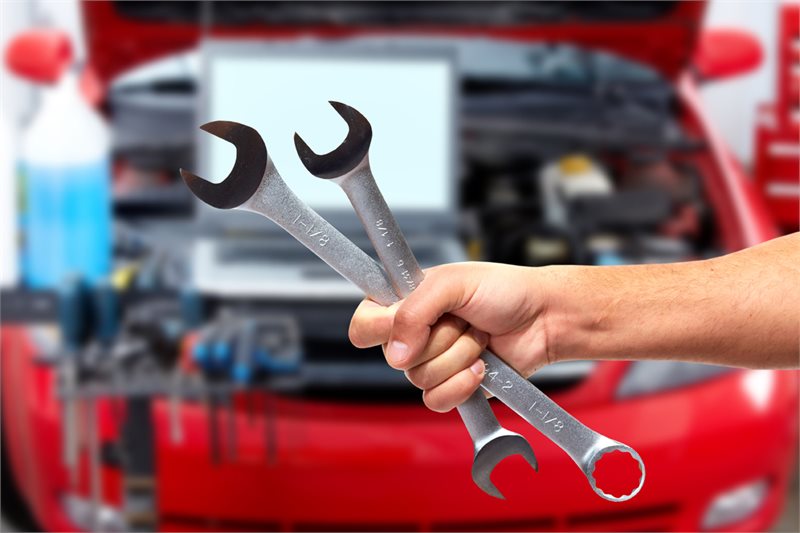 Looking to add solar panels to your RV? All the information can be overwhelming! First, what are RV solar panels’ use? RV panels convert sunlight into electricity. How? The sunlight hitting the solar panels generate an electric current. This electric current feeds into a charge controller. The charge controller controls how much electricity goes through to the battery. The batteries produce DC power. This DC power is converted to AC power to run laptops, blenders, and other electrical products in your RV.
Looking to add solar panels to your RV? All the information can be overwhelming! First, what are RV solar panels’ use? RV panels convert sunlight into electricity. How? The sunlight hitting the solar panels generate an electric current. This electric current feeds into a charge controller. The charge controller controls how much electricity goes through to the battery. The batteries produce DC power. This DC power is converted to AC power to run laptops, blenders, and other electrical products in your RV.
Two Primary Reasons RV Solar Panels
RV solar panels can charge your house batteries. With solar power, you have a slow charge to your cells. Batteries are made to be charged slowly, so the lifetime of the battery is maximized. RV panels provide electric power. With solar panels, you can have power when you need to use it.
Benefits of RV Solar Panels
RV solar panels are not necessary items to own. However, if you want to extend your battery life, cut down on generator time used, and want to save energy costs, solar panels might be the answer for you. RV solar panels provide a cost-effective way of delivering power to your RV. After your initial cost, your electricity is free. Also, your resource is inexhaustible, and even on cloudy days, you can see some sunlight. Solar power is clean, and not noisy, like a generator running. No waste or smells because no fuel is burned.
Since there are no moving parts, the solar systems are maintenance-free. Solar systems are designed to last for years and years, with no recurring costs. If you ever need a more substantial solar system; more panels can be added without a complete revamp of your present solar system. RV solar panels will increase the life of your battery. Batteries in RV have a life experience of around two to three years maximum. With solar panels, your RV batteries life expectancy increased from 50% to 75%. Your battery life can be extended from three years up to ten years by using RV solar panels.
Different Types of Solar Panels
There are three types of rv solar energy kit available for RVs. Mono-Crystalline solar panels are manufactured from a single crystal. These type panels are individual cells enclosed in a thin wafer of silicon crystal. Poly-Crystalline solar panels are made of smaller crystals. Amorphous solar panels are thin film panels. The cells are manufactured with a thin layer of silicon, and then the thin layer of silicon is attached to a backing material.
Flexible Solar Panels Verses Rigid Solar Panels
Flexible solar panels offer the advantages of being lightweight. These type panels can be installed in a larger area without adding any extra weight. Flexible panels can be mounted directly on the RV roof, offering RV users a streamlined look. Because of the lightness of the panel, under pressure, the panels can crack. Also, solar panels only offer a ten-year warranty.
Rigid Solar Panels are built with an aluminum frame surrounding the tempered glass that covers the solar cells. Rigid solar panels offer a more extended warranty. The major disadvantage of these type of solar panels is the weight of the panels.
RV solar panels can save you considerable energy costs. Also, batteries for RVs are extended up to three times their original life. Overall, RV solar panels will pay for themselves within the first three years of use in just battery replacements costs alone.









